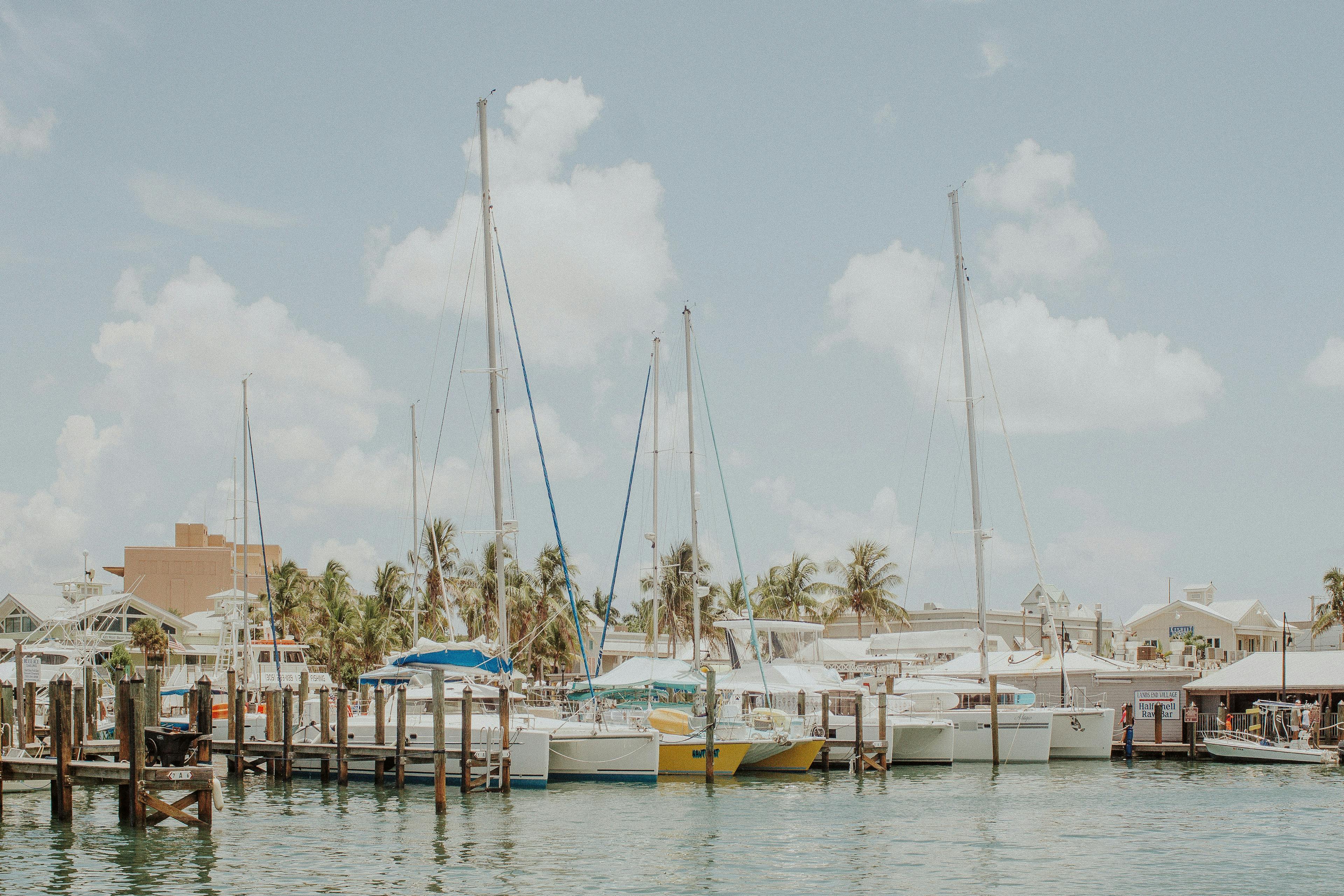
Purchasing a used boat can be a thrilling adventure, offering the joy of the open water without the steep price tag of a new model. However, navigating through the buying process requires a keen eye and the right questions. Here’s a guide to the essential inquiries you should make to ensure your prospective vessel is sea-worthy and a worthy investment.
Understanding the Boat’s History
Why are you selling the boat?
This straightforward question can uncover underlying issues or reasons that might not be immediately apparent, such as high maintenance costs or frequent repairs.
How long have you owned the boat?
Long-term ownership tends to indicate a well-cared-for boat, while a short-term ownership might need further inquiry about potential problems.
What has the boat been used for?
Understanding whether the boat was used for leisure, racing, or commercial purposes can give insights into the wear and tear it might have endured.
Assessing Condition and Maintenance
Can I see the maintenance records?
Reviewing detailed records of upkeep and repairs can provide a clearer picture of the boat’s condition and how it has been cared for over the years.
Where was the boat stored?
Storage conditions affect a boat's longevity. Boats stored in water all year round may have more hull and engine issues than those stored dry.
What repairs or replacements have been made recently?
Recent repairs can indicate both good upkeep and potential ongoing issues. It's important to understand what was done and why.
Verifying Ownership and Legality
Do you have a clear title and registration?
Ensuring the seller has a clear title and up-to-date registration is crucial to avoid legal problems down the road.
Are there any liens on the boat?
A lien can complicate your purchase, so confirming that the boat is free of any liens is essential before proceeding with a sale.
Inspecting the Boat’s Performance
Can I take the boat for a test drive?
A test drive will help assess the boat's operational status and is critical in the buying process. It’s the best way to check everything from engine performance to steering and electronics. Refer to our article on Comprehensive Boat Inspection Checklist: Ensure Your Vessel is Sea-Ready.
How does the boat handle?
Asking about the handling characteristics during different conditions can offer insights into potential issues or the general seaworthiness of the boat.
Discussing Included Extras
What accessories and equipment are included?
Boat accessories like life jackets, navigation tools, and other equipment can be costly. Knowing what comes with the purchase can add value or save you money on future purchases.
Planning for the Future
What are the estimated ongoing maintenance costs?
Understanding the annual maintenance expenses can help you budget properly and decide if the boat is affordable for you in the long run. To understand more about the ongoing costs of owning a boat, read our guide on The True Cost of Boat Ownership: What You Need to Know.
Is there warranty left on the boat or any of its parts?
A boat with a transferable warranty can provide peace of mind and save on potential repair costs.
Closing the Deal
What’s your best price?
After thoroughly assessing the boat and understanding its value, don’t hesitate to negotiate. Sellers expect it, and it could lead to significant savings.
Conclusion
Asking the right questions when buying a used boat not only helps in making an informed decision but also in negotiating a better deal. By preparing these key inquiries, you’ll be well-equipped to assess the value and condition of the boat, ensuring a smoother sail through your purchasing process. Happy boating!